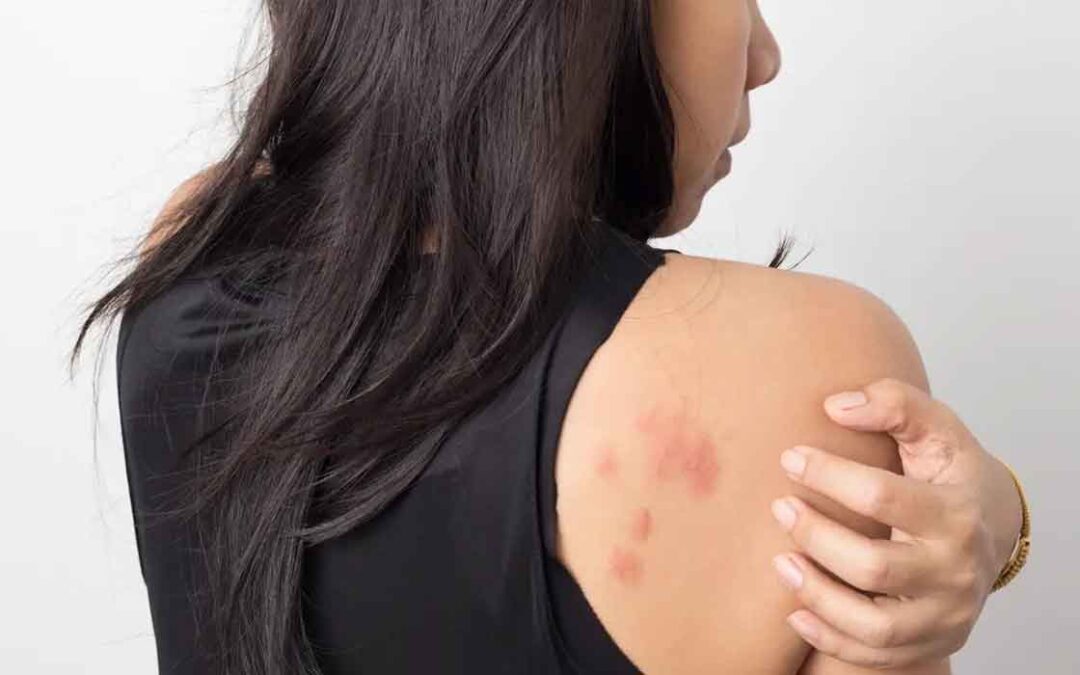Eczema dark skin discoloration
Eczema is one of the most common skin conditions that commonly affect children, and sometimes adults too. Also known as Dermatitis, this condition might cause inflammation, itchiness, cracks, and roughness in the skin. In many cases, a person might also experience blistering due to this problem. There are various stages and types of eczema that may affect the skin of a person. Also, the affected person might notice dark discolored skin patches, and the skin might become thicker in prolonged cases. So let’s check out every essential detail about eczema dark skin discoloration, causes, and treatment options.
Eczema Symptoms

One of the most common causes of Eczema is a condition called Atopic Dermatitis. The symptoms of this eczema might vary according to the stage or type of eczema a person is suffering from. However, some common symptoms are experienced by people affected by this skin condition. Here’s a list of general eczema symptoms on the skin.
- Itching
- Inflammation
- Dryness
- Roughness and Scaly Patches
- Swelling
- Skin Sensitivity
- Skin Discoloration
- Oozing
- Formation of Crusts
- Rashes
- Bumps
Types Of Eczema
There are many known types of eczema around the world. To get the right treatment, it’s very important to know the specific type of eczema you’re suffering from. Here are all the common types of eczema, along with their symptoms and treatment options.
Atopic Dermatitis

Atopic Dermatitis is one of the most commonly found types of eczema. This condition is mostly experienced by children and the symptoms slowly disappear around their adult years. In medical science, this skin condition is known to be a part of a ‘triad’, which means a trio. Thus, there are three diseases in the triad, namely Asthma, Atopic Dermatitis, and Hay Fever. In many cases, people suffer from all three triad disorders. If a person does extreme itching on affected areas, then it might result in skin discoloration after eczema.
Atopic Dermatitis Causes
Various causes can trigger this skin condition.
- Hereditary Factors
- Autoimmune Disorders
- Skin Dryness
- Environmental Factors
Atopic Dermatitis Symptoms
- Rashes in skin fold like elbows and knees
- Formation of little fluid-filled bumps on the skin
- Skin infection due to scratching
- Thickening, Softening, or Dark Discoloration of Skin
- Frequent scratches on the face or scalp of a baby
Atopic Dermatitis Treatment
The treatment options for atopic dermatitis include topical ointments, steroids, antihistamine, prescribed moisturizers, and non-steroidal topical creams. Also, you need to avoid using soaps, body washes and prevent direct exposure to sunlight.
Contact Dermatitis

As the name suggests, this type of dermatitis is caused by direct contact with an irritant or an allergen object. This condition causes inflammation or reddishness in the affected skin area. It is further divided into two subtypes, namely Allergic Contact Dermatitis and Irritant Contact Dermatitis. The former is triggered by an immune system reaction and the latter is triggered by an allergic substance.
Contact Dermatitis Causes
- Soap
- Detergent
- Jewelry
- Latex
- Venomous Plants
- Paint
- Nickel
- Beauty Products
- Deodorants, Antiperspirants, and Perfumes
- Tobacco Smoke
Contact Dermatitis Symptoms
There are various known symptoms of this skin condition, as mentioned below.
- Inflammation
- Burning Sensation
- Stinging Sensation
- Bumps With Itching
- Crusty and Fluid-Filled Bumps That Ooze
- Scaly or Thickened Skin
Contact Dermatitis Treatment
A specialist dermatologist can recommend the best treatment plan according to your present situation. The treatment options include topical creams, steroids, antihistamine, antibiotics, and infection medicines. You can also try various home remedies like cold compressing, moisturizing creams, and UV protection body lotions.
Hand Eczema

Also known as Hand Dermatitis, this type of eczema is known to affect only the hands of a person. Mostly, barbers, healthcare providers, mechanics, and house cleaners are prone to this skin condition due to regular contact with chemical products. Also, frequently touching an allergic substance can also cause this problem.
Hand Eczema Causes
Different causes might result in the triggering of hand eczema.







